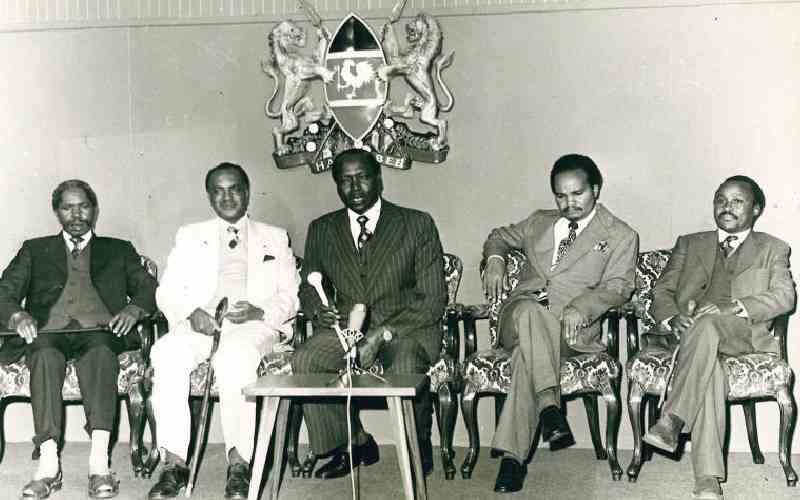×
The Standard e-Paper
Smart Minds Choose Us

What would drive two Kenyans, who had never been in a church, to head to the cathedral in London?
At the height of the crafting of Kenya as a nation, two Asians who had travelled to Lancaster to ensure that their views were captured during the writing of the constitution separately walked into a church.